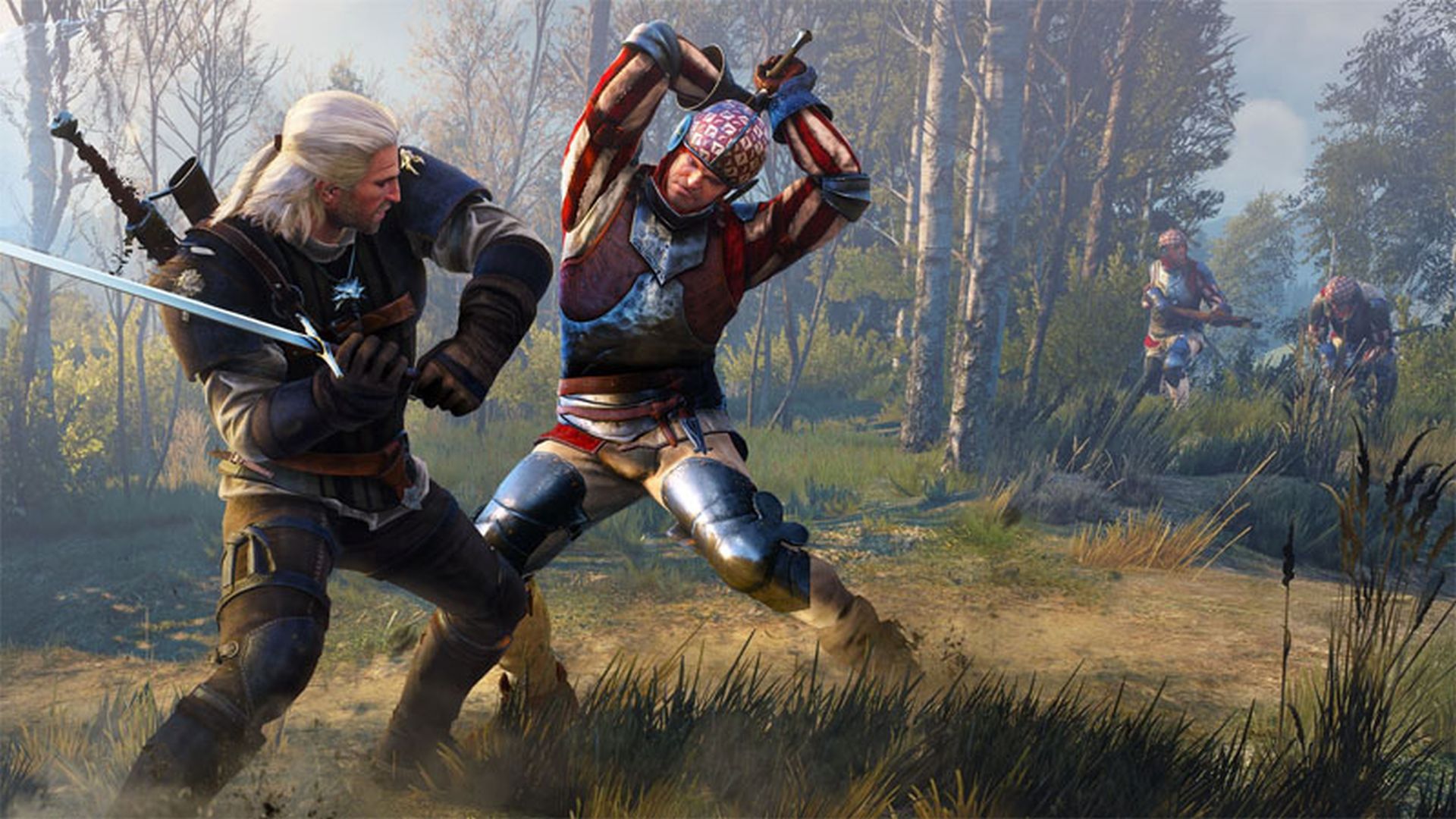
It's been 10 years since The Witcher 3 came into our lives, and CD Projekt Red is taking a trip down memory lane to delve into how the masterpiece was made. There were many creative obstacles to overcome.
"I almost forgot that we were struggling with two more challenges," Adam Badowski, joint CEO remembers in a new episode of the AnsweRED podcast. "One of them was that we have to plan how the open world works. What are the basic rules? Basic rules are always the most challenging."
In Ubisoft games, you climb towers to reveal the map; that's a basic rule of its open worlds, one that people have gotten quite sick of over the years. Each company, series, and game will have different rules, and not all work in other franchises.
"Do we want to have gating?" Badowski asks. "There is a monster. The monster has this ultimate level 100 or something. You cannot go further without defeating this monster. It was a bad idea for our game. It works for all FromSoftware games, it's natural, it's one of the pillars of those wonderful games. But in The Witcher, it doesn't work. So you have to plan it differently."
While FromSoftware games are all about the challenge, The Witcher is more about enjoying the story and roleplaying as a monster-slaying witcher.
I actually prefer playing on the hardest difficulty because it makes me engage with the systems of the world a lot more than I otherwise would. I need to make oils and potions and learn a foe's weaknesses.
But if that were how the game had to be played by everyone, it would be a completely different game, not The Witcher 3 as we know it today.
Another aspect of The Witcher 3 that Badowski says is obvious with hindsight is that "we don't have quests that you can cancel and replay if you failed. If you failed, we have to create another constellation of consequences because the story stops when your character dies, not when your character failed the quest.
"So it makes it super, super difficult. Usually, the mission fails, so you can restart it. And here we have, 'No, no, it's a starting point for what's next in The Witcher.'"
The developers have to consider, "What are the consequences? I failed, so there are different choices, different consequences, there are different reactions. It changes relations with my characters."
They had to learn "how to make it and not to force players to save and load all the time and make gamers frustrated. Now we kind of know how to deal with it, but back then it was really challenging."
It's not something I'd ever noticed before, but it's a fascinating detail that must make the world feel so much more real. Things don't always go to plan, and often, playing through your mistakes can be more fun than simply save scumming them away.
If you've already played The Witcher 3 more times than you can remember, why not check out the best games like The Witcher 3 instead?







